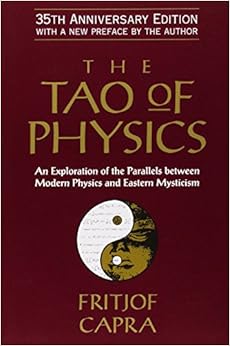

In this paper, a coarse-grained (CG) particle model is developed for simulating blood flow by modifying the Morse potential, traditionally used in Molecular Dynamics for modeling vibrating structures. Multiscale simulations of fluids such as blood represent a major computational challenge of coupling the disparate spatiotemporal scales between molecular and macroscopic transport phenomena characterizing such complex fluids. Finally, the implications of some philosophical points of view and the role of Gödel's incompleteness theorem in a basic theory of biology are discussed. This leads to a discussion of the role of quantum mechanics and non-equilibrium statistical thermodynamics in biology. It is concluded that an explanation of a living system involves both, an understanding of its parts and of the organization of these parts. Different definitions of “living systems” and their flaws are reviewed. As examples of possible new concepts “complexity” and “creativity” are discussed.

Major attention is given to different interpretations (and implications) of the term “explanation” and “living system.” It is argued that the concepts of present day's physics are not general enough to describe biology. Possible sources of misunderstanding, confusion, and disagreement in the discussion of the foundation of biology are outlined. The aim of this paper is to review some basic ideas, concepts, and questions of today's theoretical biology and stimulate reflection on them.


 0 kommentar(er)
0 kommentar(er)
